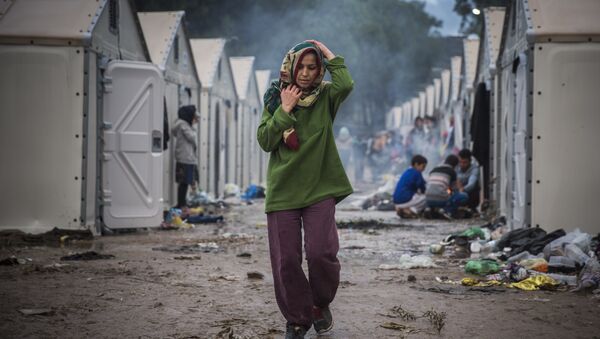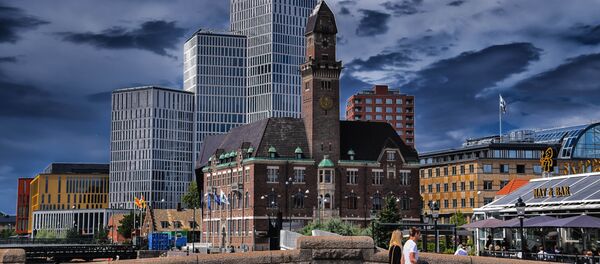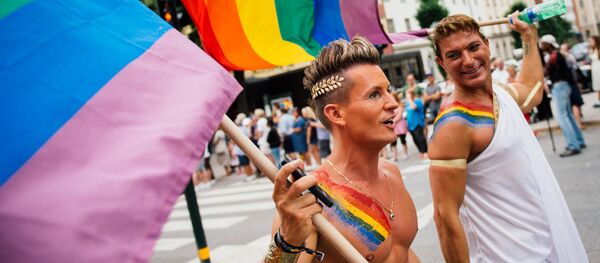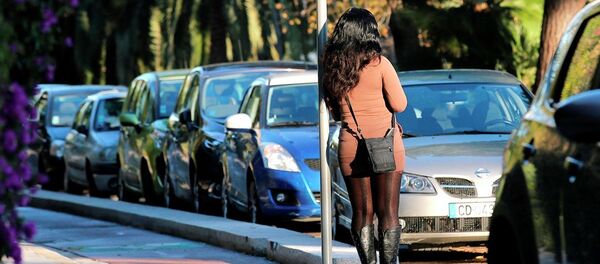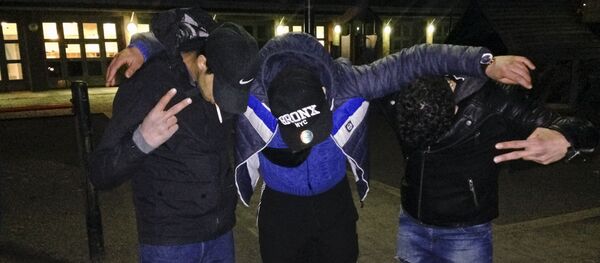According to SVT, women living in accommodation centers are particularly vulnerable. They are forced to lock themselves in their rooms to avoid unwanted flirting and pestering, making their plight akin to a self-imposed prison sentence.
"For women, it is really hard," Ruhulah Meyhan, who resides at an accommodation center in Jämtland County, told SVT.
"But when we came here, we realized that we were pretty limited here, too," Meyhan told SVT.
By her own admission, she had bought a bike, but had to abandon the idea of cycling due to pressure from fellow asylum-seekers.
"People started whispering around that an Afghan woman, who also happens to be a Hazara [a Persian-speaking minority in Afghanistan], took herself the liberty of cycling," Meyhan told SVT.
Maral Kesheshian, a trained Syrian doctor who works as a nurse at the local health center in Järpen, warned of dangerous psychological consequences of seclusion, as many women, above all unmarried and unaccompanied, are forced to lock themselves in their rooms and seldom come out.
"We are getting big problems with depression," Kesheshian said. "Personally, I try to talk the women into taking a walk, so that they become a little happier," she said.
"Somehow it feels as if Sweden abandoned women and children in this," Stephen Jerand, a police officer in Jämtland County, told SVT earlier this year.
Despite mounting criticism, the Swedish Migration Board's Director General, Anders Danielsson, dismissed a proposal to offer separate accommodations for men and women earlier this year.
"We do not live in a segregated society. We do not differentiate between ethnicities, nationalities or religions. There is no reason to do it, when it comes to people who arrive in Sweden," Danielsson was quoted as saying by Swedish newspaper Svenska Dagbladet.

